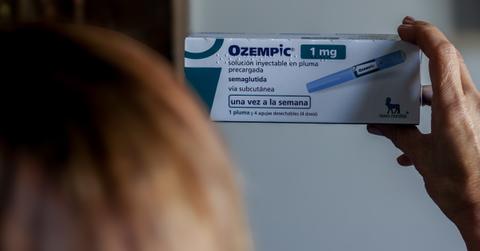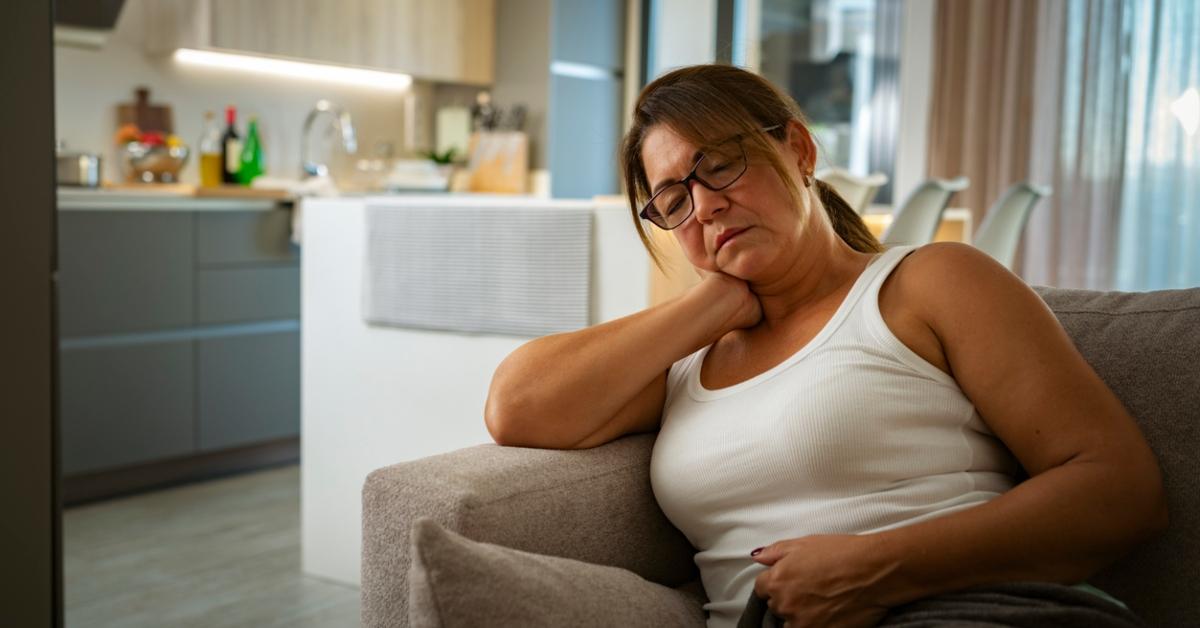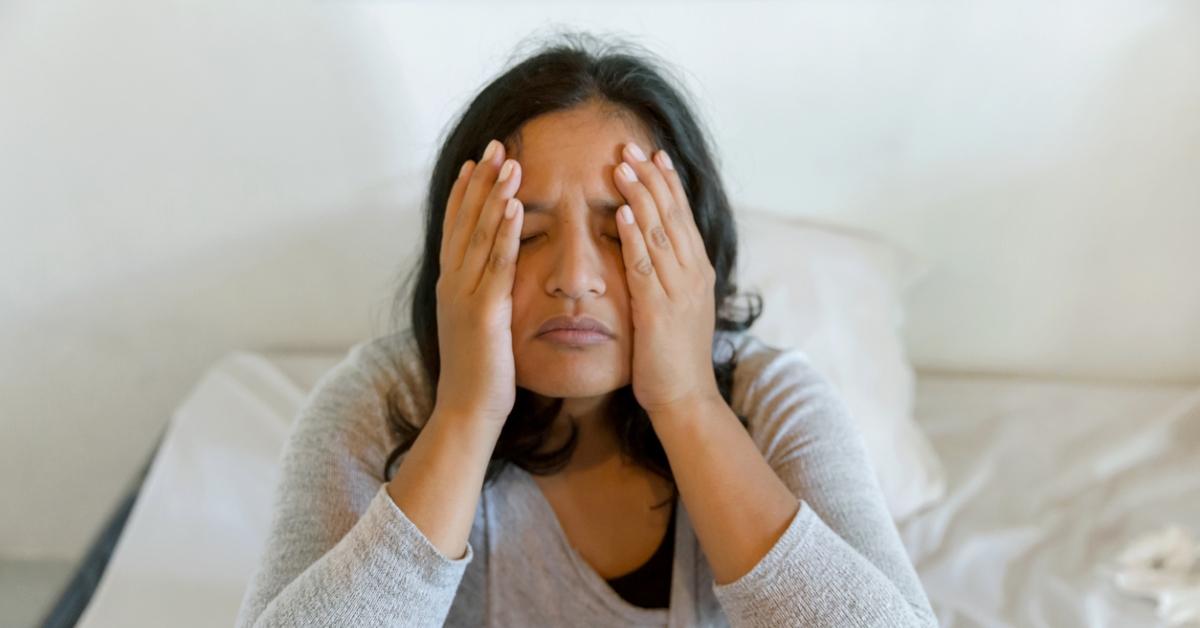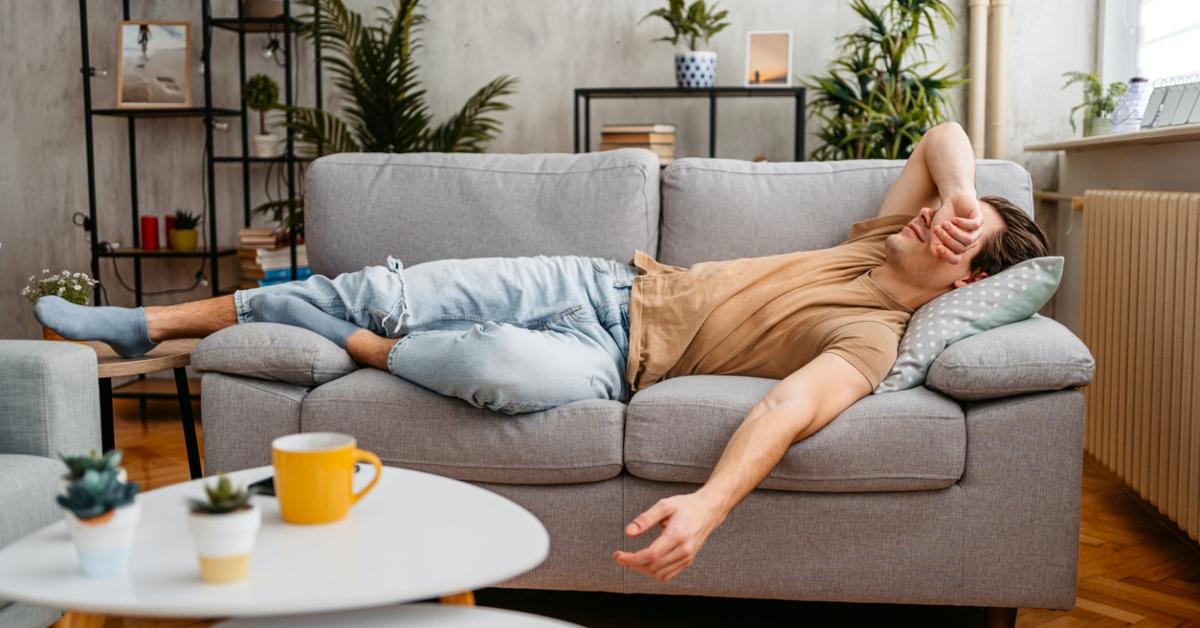Can Ozempic Make You Tired? Here’s How Long "Ozempic Fatigue" Lasts
Only 5 percent of people taking Ozempic experience Ozempic fatigue.
Published May 1 2024, 10:28 a.m. ET

Some people experience fatigue after starting Ozempic, a semaglutide injection medication prescribed to treat type 2 diabetes and to help users lose weight. After starting a new drug, your body may need time to adjust, and although fatigue is one of the lesser common side effects after taking Ozempic, it is still possible.
There are many factors that can lead to fatigue, and everyone’s body and lifestyle is different, so there is not one answer or solution to Ozempic fatigue, but we'll be exploring how long Ozempic fatigue may last and how to improve it.
That said, please remember that we are not medical professionals, and seeking the guidance of your doctor is always recommended.

How long does Ozempic fatigue last?
Some people starting on Ozempic — regardless of if they're using the drug to manage their weight or type 2 diabetes — have reported increased drowsiness or fatigue. However, this side effect is typically short term, and fatigue usually subsides after a few weeks, per Single Care.
According to GoodRx, less than 5 percent of the population reported fatigue as a side effect of Ozempic in clinical trials. Although everyone is different, and there isn’t one answer as to why Ozempic could be making you tired, it’s likely nothing to worry about, especially if you have just started the medication.
According to the Ro blog, because Ozempic is a type 2 diabetes drug, it’s working to lower your blood sugar, meaning that initial feelings of lethargy could be due to your body adjusting to the new glucose levels. Ozempic also decreases appetite, which can lead to a decrease in calorie intake. Therefore, when you aren’t eating as much food, your body isn’t getting as much energy, and this could result in increased fatigue, per GoodRx.

Here’s how to improve fatigue on Ozempic.
If you are feeling fatigued while on Ozempic, you should check with your doctor. There are also some things you can do to manage your tiredness until the side effect goes away.
Make sure to eat nutritious foods. Although many people start Ozempic with the goal of eating less, you still want to get enough nutrients through high quality and unprocessed foods. According to Ro, fill your plate with nutritious foods like beans, nuts, seeds, and whole grains.
Another tip is to keep your body hydrated, according to weight loss professional Dr. Dawn Mancuso, MD. In fact, she told Single Care that the “easiest way to combat this fatigue is to be sure you are staying hydrated.”
Although many people might resort to pouring themselves another cup of coffee while feeling fatigued, drinking enough water is key to staying awake. Our bodies need water to function, so if you have been feeling tired, think back to when the last time you hydrated, and have a glass of water.

Lastly, take steps to improve your sleep. There’s a chance that even if you aren’t feeling tired from taking Ozempic, your sleep quality isn’t where it needs to be. In fact, according to the Centers for Disease Control and Prevention (CDC), one in three U.S. adults isn’t getting enough sleep.
This means that tiredness side effects from Ozempic could be exacerbating any existing fatigue issues you already have. Ro recommends practicing good sleep hygiene by staying off your screens before bed, decreasing your caffeine, and creating a consistent sleep schedule.